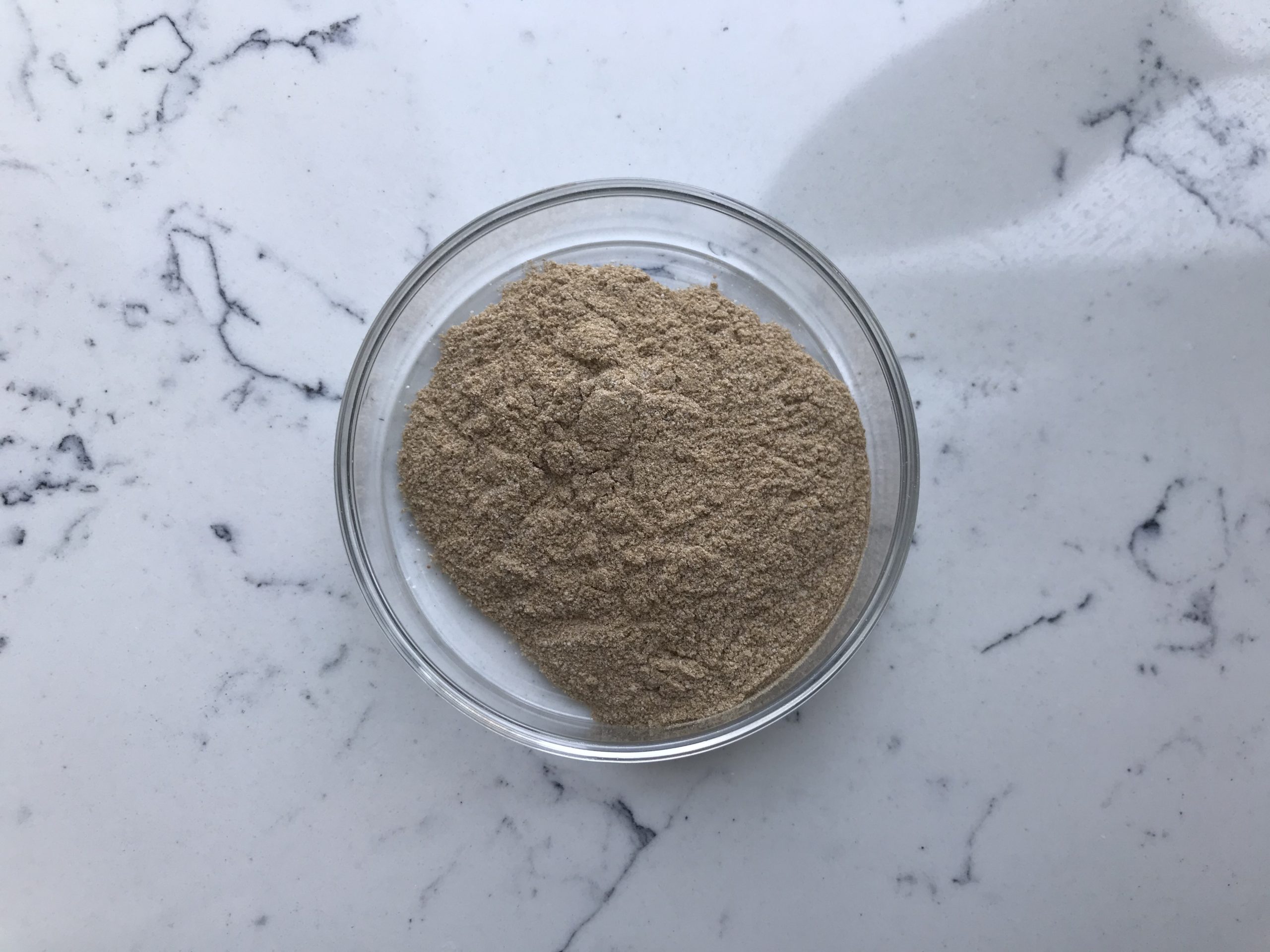Bacillus Megaterium is a Gram-positive, spore-forming bacterium known for its versatile and beneficial characteristics. However, like any organism, it also comes with certain drawbacks. Here are some advantages and disadvantages of Bacillus megaterium:

Advantages of Bacillus Megaterium:
- Industrial applications: Bacillus Megaterium is widely used in industrial processes due to its ability to produce a variety of enzymes and metabolites. It can be employed in the production of biofuels, biodegradable plastics, and various chemicals.
- Bioremediation: This bacterium is capable of degrading a wide range of pollutants and toxic substances in the environment. It shows potential in bioremediation processes, helping to clean up contaminated sites.
- Agricultural benefits: Bacillus Megaterium can act as a biofertilizer, promoting plant growth and enhancing nutrient uptake in various crops. It can also protect plants from certain pathogens, making it useful in agriculture.
- Probiotic potential: Some strains of Bacillus Megaterium have shown probiotic properties, aiding in gut health and potentially improving digestion.
- Large-scale cultivation: It can be easily cultivated in large quantities, making it commercially viable for various applications.

Disadvantages of Bacillus Megaterium:
- Pathogenic potential: While most strains of Bacillus Megaterium are considered safe, some may possess pathogenic traits under certain conditions. Care should be taken to ensure the selection of non-pathogenic strains.
- Spore formation: Bacillus Megaterium has the ability to form spores, which can be challenging to eliminate in some industrial processes and may cause contamination issues.
- Competition with native organisms: When used as a biofertilizer or introduced into the environment, Bacillus Megaterium may compete with native microorganisms, potentially altering the microbial ecosystem.
- Regulatory concerns: The use of certain strains in industrial or agricultural applications may be subject to regulatory scrutiny, particularly if the bacterium is genetically modified.
- Risk of misuse: As with any microorganism, there is always a risk of misuse for malicious purposes, such as bioterrorism or biowarfare.
It is essential to carefully evaluate the specific strain and its intended application to leverage the advantages of Bacillus Megaterium while minimizing potential risks and disadvantages. Proper handling, containment, and adherence to safety guidelines are crucial when working with any microorganism.
